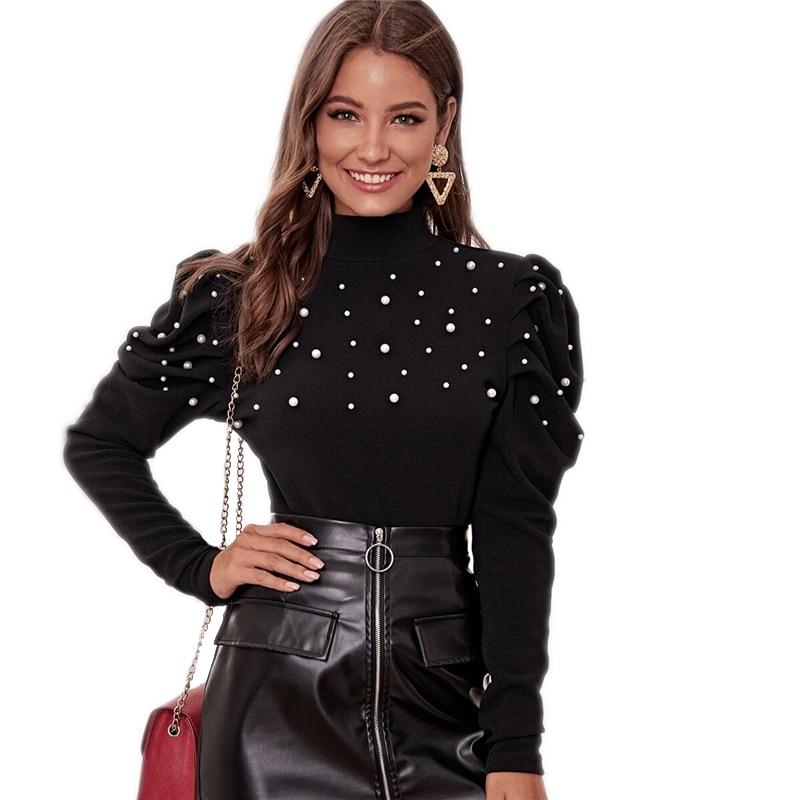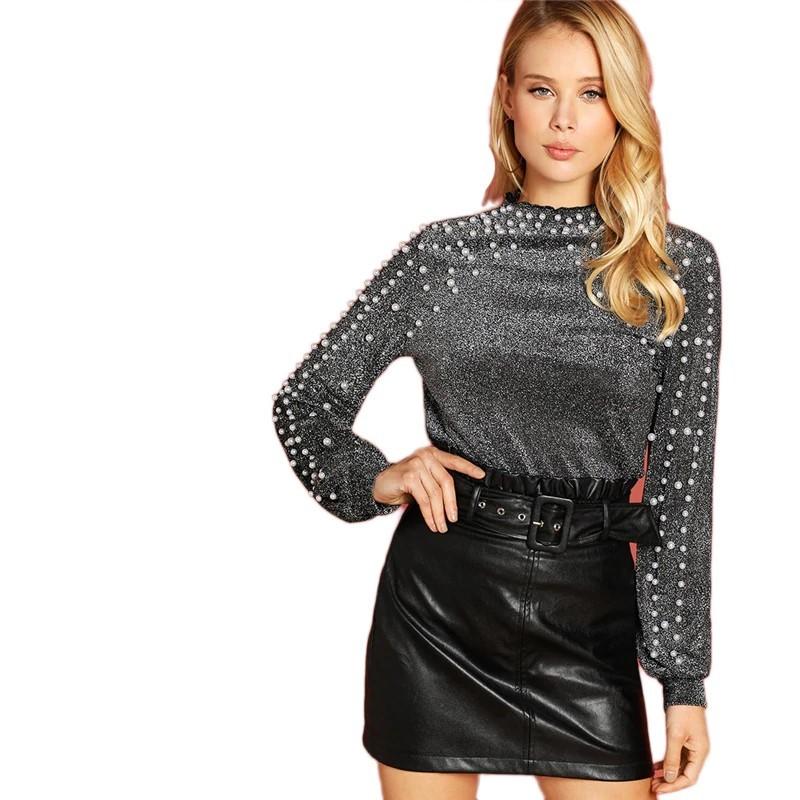
“You could have a million ideas; they are worthless if you don’t get them done”. Lauren Amarante
There are millions of blogs worldwide from fashion and beauty to sport and health popping out like mushrooms after the rain every single day. It’s hard to state a precise number of blogs but it has been estimated that there are more than 500 million! What an incredible number and no sign of this phenomena slowing down.
BUSINESS VS. FUN
Not all bloggers make money and the majority of people are mainly in the blogging game for fun like myself. However, the number of people that build a self-sustainable business out of their blogs is growing annually Suddenly, blogging is no longer just a hobby!
MONEY, MONEY MONEY…
Modern bloggers can monetize their ideas, gain influence or bring together huge audiences from around the world. On average one in three bloggers monetizes her or his online activity. The lucky few, circa the top 0.6%, are raking in a whopping $1M+ annual earnings. Wow, can you imagine earning this doing what you like and enjoying your hobby?!
EVERYONE READS A BLOG
Practically everyone reads blogs nowawdays, whether they’re “official” news blogs, or blogs purely for entertainment. Sometimes it seems like everyone has a blog too. Almost everyone I ask has at least one favourite blog. Blogs have become an integral part of our modern online culture.
HAVE YOU?
Have you ever wondered how the phenomena of blogging started? I have, more than once, and hence why I have decided to do some research to fulfil my own and maybe your curiosity bug.
Blogs have a relatively short history, even when compared with the history of the Internet itself. Blogging has only existed for about 26 years however, a lot has happened in those 26 years.
Keep scrolling to learn more about:
History of Blogging
Rotting Core
Future of Blogging – any?
90’s
Some of you may remember that the early internet was clunky and not very user friendly but even then it was a great source to share ideas.
Many of the original bloggers were the same people who first understood the value of the World Wide Web in the 1980s. One of them was Justin Hall who created a site called links.net in January 1994.
Many consider Justin to be the pioneer of blogging.
It wasn’t until December 1997 that the term “weblog” was used by Jorn Barger (creator of the website Robot Wisdom) who created the term to reflect the process of “logging the web”.
The actual word, “blog,” was shortened by Peter Merholz with his famous joking phrase: “I’ve decided to pronounce the word “weblog” as wee’- blog. Or “blog” for short”.
As the sun set on the nineties, bloggers were starting to figure out how to monetize their blogs and both businesses and individuals started to take bloggers seriously.
THE GROWTH PERIOD
The early 2000s were a period of exceptional growth.
Political blogs were becoming more popular.
“Meta blogs” (blogs about blogging) made up a sizable portion of the most popular and successful blogs out there by 2001.
The first video blogs started in 2004, more than a year before YouTube.
YouTube was founded in 2005. It wasn’t always what people associate it with now. It actually began as a short-lived dating site, where singles could use videos to introduce themselves.
AdSense, an advertising platform, which was the first ad network to match ads to the content on a blog, was launched in 2003.
Blogging has turned into a business with growing opportunities for bloggers to monetize their work. It set the stage for blogs to be sponsored by major brands or receive free products in exchange for endorsements or reviews.
A number of popular blogs were set up in the early 2000s, including Boing Boing, Gawker (the first major gossip blog to launch) and the Huffington Post.
Weblogs, Inc. was started by Jason Calacanis in 2003, and was then sold to AOL for $25 million. It was that sale that established blogs as a force to be taken seriously rather than just a passing fad.
In 2002 Heather Armstrong was fired for comments posted on her blog regarding her employer. This event sparked a debate over privacy issue, that still hasn’t been sufficiently put to rest.
The rise of “Mommy Bloggers” blogging about parenting.
A number of mainstream media sites started their own blogs during the mid to late 2000s, or teamed up with existing blogs to provide additional coverage and commentary.
The number of blogs grew even more!
FROM MACRO TO MICRO
The world’s first tweet was sent out in March 2016 by co-founder and CEO Jack Dorsey and that was the start of life in 140 characters (or less).
Twitter is not the only microblog, there are other microblog platforms like Tumblr that allow for a more traditional type of blogging experience, while also allowing for the social networking features of Twitter (like following other bloggers).
Unfortunately the introduction of short-form, real-time information created an opportunity for visceral communication. There would be countless mean tweets, as well as harmful comments left on blogs. It got to a point where, in March 2007, new media mogul Tim O’Reilly proposed a Blogger’s Code of Conduct.
The rules were as follows:
Take responsibility not just for your own words, but for the comments you allow on your blog.
Label your tolerance level for abusive comments.
Consider eliminating anonymous comments.
Ignore the trolls.
Take the conversation offline, and talk directly, or find an intermediary who can do so.
If you know someone who is behaving badly, tell them so.
Don’t say anything online that you wouldn’t say in person.
ROTTING CORE
Sadly, there are more and more signs of the blogging core starting to rot, because (but not only) more and more bloggers just want quick and easy success with no intention to actually blog – create, connect and engage.
1.Fake followers, likes and comments are polluting more and more accounts. There isn’t a single day that I don’t get at least one email offering fake followers for just a few dollars.
2. Increasing media manipulation, including ‘not so clever’ algorithms, are making it almost impossible to get decent engagement and visibility. This very often drives bloggers decisions to boost up their stats with fake numbers. Catch 22?
3. Hardly anyone actually reads content that bloggers spend days researching and writing. Do many (if any) of your friends or family read your content and follow your journey? I have to say that this is something that struck me at the beginning of my blog, how little support I got and still get from my friends.
4. Other bloggers just scroll quickly through the images to leave a vague comment hoping for a comment in return, no interest in the actual content.
5. Non-influencers with little understanding of the industry have less and less interest in what bloggers create, with more and more accusations that bloggers core focus are purely collaborations.
6. Blog Spam. More and more bloggers start using software to create generic comments and distribute them to as many blogs as the software can find. Just another invention for quick and easy success.
7. Blog Trolls are the same as any other trolls and they deliberately abuse people and try to hurt them through their comments.
THE FUTURE
I don’t know about you, but after diving into the history of blogging and despite all the little flows that come with it, I’m pretty excited to see what the future looks like.
With more focus on authentic engagement from real consumers and not other bloggers, increasing followers audits and popularity of ‘nano influencers’ the future looks pretty interesting…
Blogs are most definitely here to stay! They bring us all the latest news, tips, tricks, inspire ideas and even contribute to our self-improvement. It’s important to understand that the process is constantly evolving. They are such a powerful tool that even politicians and celebrities use it to boost their visibility and ratings.
There are very few websites online today that don’t incorporate some form of blog. Whether it’s an international news outlet or your friend’s online diary, it seems like everybody these days is blogging about something.
Blogging has become not only an integral part of marketing and content strategy, but also a huge part of many people lives including myself. It has become a job in its own rights with more and more bloggers giving up their 9-5 cosy jobs in order to blog.
My personal view is that blogs are unlikely to go anywhere in the foreseeable future and there’s a lot of room for growth and innovation in the methods in which their content is found, delivered, and accessed.
What is your view on the blogging rotting core? Share your comments below. I’m super interested to hear what other flaws you’ve come across in the blogging world.
CREDITS
Photography by BLOGGSY & ELEGANT DUCHESS



























This is such a good read dear. Indeed, blog trolls are the worst. I guess that’s what the “anonymity” does. People feel they can say whatever they like because there are no repurcusions on their end. I guess it’s true what Oscar Wilde said “Give a man a mask, and he will show you his true face”.
But hey, you are right. We have the power over our website.
Jessica | notjessfashion.com
Author
I couldn’t agree more Jess and yes the quote sums it up! xx
Many interesting facts about history of blogosphere. I totally agree with Blogger’s Code of Conduct, these are great rules.
I’m also a little bit annoyed with people who buy fake followers, leave spam comments and also stupid alghoritms which can be easily cheat by these people. I have the same observations also about support from friends, family and other bloggers comment.
Due to these facts I’m rather pesimistic about future of blogging.
Have a wonderful evening!
Author
Thank you, it was a great learning curve to read about the blogging history. Who would have known that you tube started as a dating website?!
It’s an interesting catch 22 with users buying fake followers, likes and etc vs. algorithms limiting reach, blocking users for engaging too much and so on.
Another glaring issue is that people don’t fully understand how much work blogging requires. It’s almost 24/7 commitment and definitely not a cosy 9-5 working at home job as many tend to think. The unrealistic aspiration for an instant success very often encourages turning to fake stats to create an illusion of a successful blogger in order to attract more collaborations with brands.
Thank you for sharing your thoughts. xx
Such an interesting read. Loved to hear more about the blogging history!
Mariya | https://www.brunetteondemand.com/
Author
It was definitely interesting doing the research about it! I didn’t know that you tube started as a dating website and that we have over 500 million blogs worldwide! xx
I agree, blogging has a big and bright future ahead – and that’s not JUST my bias talking, haha! It’s definitely an industry attracting more attention of late. On a positive note, this applies to marketing and the world of business. On a more negative note, it means trolls – eek! Hope you’re having a good weekend so far!
Gabrielle | A Glass Of Ice x
Author
Thanks Gabrielle. Marketing and media are becoming a high area of focus! Yeh it amazes me how people decide to waste their time to troll others online … I’d rather spend some quality time with friends and family instead. Have a fabulous week. xx
This is very informative!
Jennifer
Effortlessly Sophisticated
Author
Thanks Jennifer. I’ve always been quite curious about the roots of blogging and how this evolved over the last few years. I’m glad you enjoyed reading the journey. xx
Interesting post. Personally I’ve thought about the future myself. I disagree a bit. I think the public is inundated with blogs and overwhelmed. I think blog readership overall is struggling and actually decreasing. I’d love to see someone gather the numbers to see the trends somehow.
In my opinion, there will be an overhaul in blogging. I think what has to happen is truly unique and useful blogs will come on top and prosper. The rest that are truly indistinguishable and offer no true value will keep dropping engagement.
Something else will appear. Time will tell but it’s certainly interesting.
Author
Thank you for sharing your view which is not that different from mine. 🙂
Having a few widely recognised blogs with a remaining majority in the shadows is nothing new. It has always been the case and this will not change. As with every ‘job’ you can only have a few that get to the top and the rest aspiring to be there. Not everyone can be a CEO. 🙂
Blogging is not just about racking up likes, followers and comments but also about authentic engagement, sharing and personal satisfaction which is becoming more and more talked about. Some bloggers just like sharing their views, thoughts, experience, writing about what they enjoy doing, which does not always need to be unique and precisely tailored to readers needs. You don’t want to end up writing articles that you don’t enjoy working on anymore.
If your primary focus is on raising view count, getting new followers, comments, blog sessions and all the stats that come with it and you are still enjoying it, then fine. We all have different goals and therefore I don’t think we will ever reach a saturation point.
The blogging world is constantly evolving as you have seen from the history of it. If your focus is on stats and increasing engagements then you have to stay in touch with the change and try to create something more unique that will grab readers attention.
I’m actually writing another post about blogging trends that have started emerging.
Stay tuned! Thank you for sharing your insight. xx